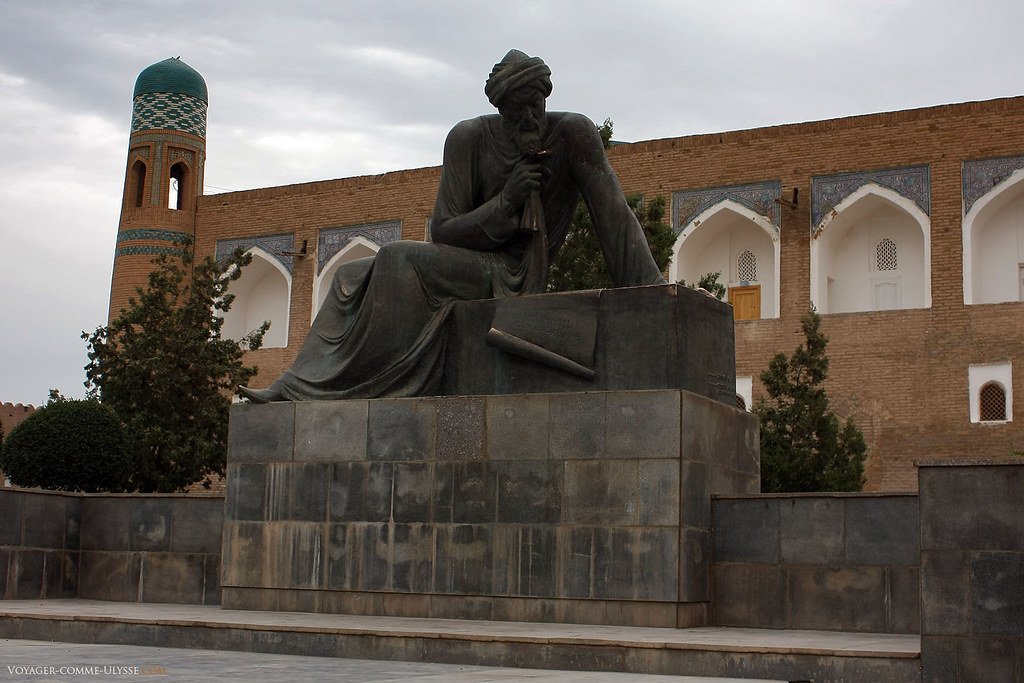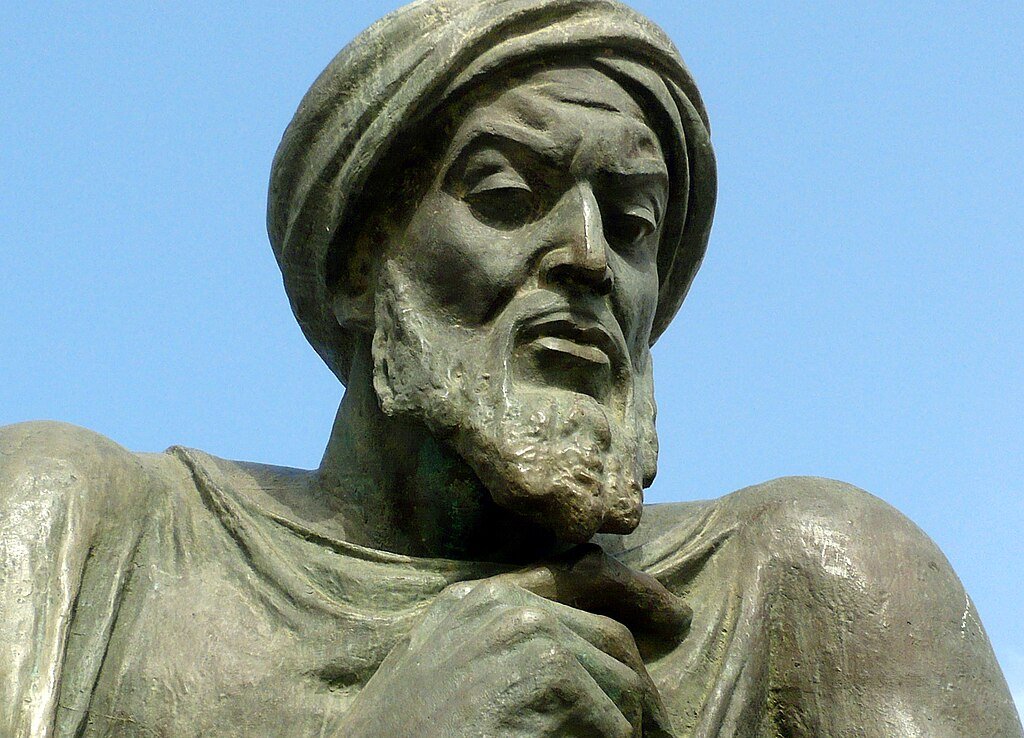Al-Khwarizmi, a Persian mathematician, astronomer, and geographer, is often referred to as the “father of algebra.” Born around 780 AD in the region now known as Uzbekistan, Al-Khwarizmi spent much of his life in Baghdad, a key intellectual center during the Islamic Golden Age. His pioneering work laid the foundation for modern mathematics and significantly influenced both the Islamic and European worlds.
Al-Khwarizmi’s Contributions to Algebra

Al-Khwarizmi’s most notable contribution to mathematics is his work on algebra, which is derived from the title of his book “Al-Kitab al-Mukhtasar fi Hisab al-Jabr wal-Muqabala.” This treatise, completed around 820 AD, translates to “The Compendious Book on Calculation by Completion and Balancing.” It is one of the first texts to systematically solve linear and quadratic equations.
Unlike previous mathematical traditions that relied heavily on geometric representation, Al-Khwarizmi approached algebra as an independent discipline. His methods included the concept of completion (‘al-jabr’) and balancing (‘al-muqabala’), techniques used to simplify and solve equations. These ideas transformed mathematical problem-solving, providing a systematic and logical approach that could be applied universally.
The Spread of Algebra Through Al-Khwarizmi’s Work

Al-Khwarizmi’s works were translated into Latin during the 12th century, bringing his revolutionary ideas to Europe. The Latin translation of his algebra book was titled “Algoritmi de Numero Indorum,” where ‘Algoritmi’ was a Latinized version of ‘Al-Khwarizmi.’ This term led to the modern word ‘algorithm,’ underlining his lasting influence on mathematical language and concepts.
The integration of his work into the European curriculum marked a turning point in mathematical development. Al-Khwarizmi’s algebra opened pathways for future mathematicians, encouraging the use of symbols and letters to represent numerical values, which eventually led to the development of modern symbolic algebra.
Impact on Mathematics and Beyond

The influence of Al-Khwarizmi extends far beyond his lifetime and immediate contributions. His methods underpin the entire field of algebra, being essential to various scientific disciplines, engineering, economics, computer science, and more. Algebraic methods developed from Al-Khwarizmi’s work are crucial for problem-solving in numerous fields, including physics and statistics.
Moreover, Al-Khwarizmi’s comprehensive and clear approach to documenting his methods set a new standard for mathematical writing, influencing how concepts were taught and communicated. This academic rigor became a benchmark for future generations, fostering a tradition of precise and systematic communication in the sciences.
Conclusion: Al-Khwarizmi’s Enduring Legacy

Al-Khwarizmi’s contributions to algebra mark a monumental point in the history of mathematics, bridging ancient numerical methods and the future potentials of abstraction and generalization. His approach and methodologies were not only critical in their time but continue to shape contemporary mathematical thought and practice. As a cultural and scientific pioneer, Al-Khwarizmi’s legacy endures, reminding us of the interconnectedness of global intellectual traditions and the everlasting quest for knowledge.




